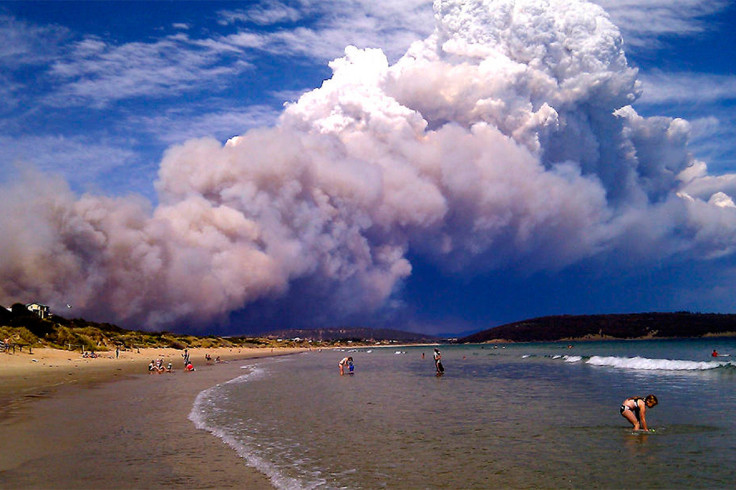Nasa Readies Satellite to Map Carbon Emissions

US space research agency Nasa has readied its first ever Carbon Dioxide (CO2) monitoring satellite and it is set to be launched on 1 July.
Nasa's Orbiting Carbon Observatory-2(OCO-2) satellite will take off from the Californian Air Force Base of Vandenberg.
The satellite is part of a larger scientific expedition that is aimed at monitoring and measuring carbon dioxide concentration levels, which are said to be responsible for the earth's recent global warming and climate change.
According to NASA, the current CO2 levels in earth's atmosphere amounts to nearly 400 parts per million and is said to be the highest in the last 80,000 years.
Researchers also attribute a significant percentage of the rising CO2 levels to human activity such as fossil fuel burning, and forest fires, which are said to release nearly 40 billion tons of CO2 gas into the atmosphere.
Nasa's OCO2 satellite is expected to attain an altitude of 705 kilometers (438) miles, by reaching a polar orbit, above the Earth's surface. The satellite will be equipped with a grading spectrometer with which CO2 measurements will be made on a daily basis.
The grading spectrometer will enable CO2 measurements at a precision rate of 1 part per million of CO2.
Nasa researchers state that the measurements of the satellite will provide vital information on aspects such as the carbon cycle that takes place within earth's atmosphere, natural and manmade carbon dioxide emitters on earth, and various CO2 sinks that take in CO2.
"Understanding the processes controlling carbon dioxide in our atmosphere will help us predict how fast it will build up in the future," said Michael Gunson, Project Scientist of OCO-2 at Nasa's Jet Propulsion Laboratory (JPL).
"Data from this mission will help scientists reduce uncertainties in forecasts of how much carbon dioxide will be in the atmosphere and improve the accuracy of global climate change predictions," Gunson added.
Nasa's latest OCO-2 research satellite takes inspiration from the organisation's earlier OCO mission that failed in 2009.
The research organisation's latest mission is said to have cost approximately $465 billion.
With the increasing global warming, it is only imperative that urgent steps are taken to study and reduce the phenomenon overall.
As Nasa has led the way in global warming analysis, those wanting to educate people about the ill effects of rising temperatures are sure to take a lot of inspiration once the organisation makes its OCO-2 mission report public.
© Copyright IBTimes 2025. All rights reserved.





















